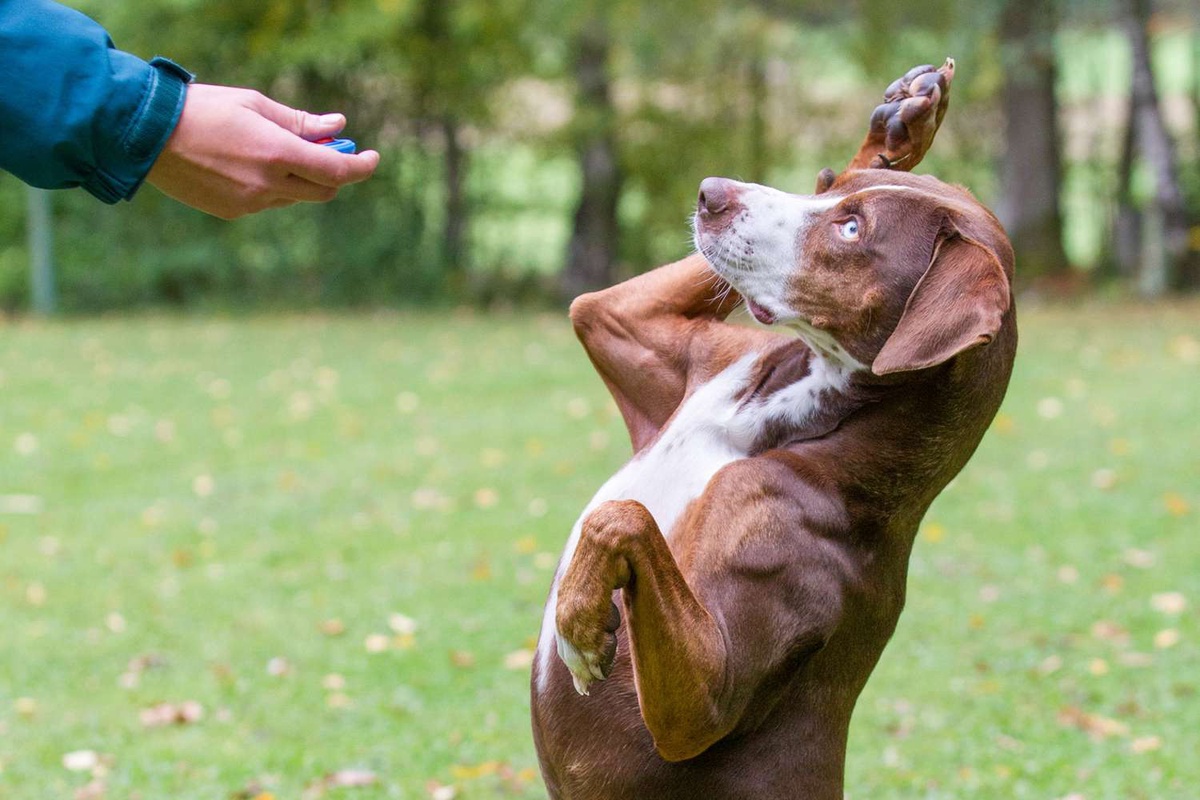Dog training is not only about teaching your dog to follow commands; it's about nurturing a balanced and well-behaved companion. In this guide, we'll explore the essential elements of dog training to help you build a harmonious relationship with your four-legged friend.
Understanding the Foundations
Positive Reinforcement
Positive reinforcement involves rewarding your dog for desired behaviors, such as sitting when asked. Use treats, praise, or toys to reward your dog immediately after they perform the desired action. This approach encourages your dog to repeat the behavior.
Clear Communication
Dogs thrive on clear and consistent communication. Use simple, one-word commands like "sit," "stay," and "come." Pair each command with a distinct hand signal or gesture to reinforce your verbal cues.
Basic Obedience Training
Sit and Stay
Teaching your dog to sit and stay are fundamental commands. These commands help manage your dog's behavior in various situations, from greeting guests to keeping them safe in public spaces.
Recall (Come)
A reliable recall command is essential for off-leash activities and keeping your dog safe. Practice recall in a controlled environment before progressing to more distracting settings.
Leash Manners
Teaching your dog to walk politely on a leash makes walks more enjoyable for both of you. Use positive reinforcement to reward your dog for walking without pulling.
House Training
Crate Training
Crate training can help with house training and provides your dog with a safe, comfortable space. Introduce the crate gradually and use positive associations to make it a positive place for your dog.
Establish a Routine
Consistency is key to successful house training. Take your dog outside at regular intervals, especially after meals and waking up, and reward them for eliminating in the designated spot.
Socialization and Behavioral Skills
Early Socialization
Expose your puppy to various people, animals, and environments during their critical socialization period (usually between 3 and 14 weeks of age). Proper socialization can prevent fear and aggression issues later in life.
Basic Manners
Teach your dog basic manners, such as polite greetings, not jumping on people, and waiting patiently for meals. These skills contribute to a well-behaved dog in various situations.
Problem Solving and Advanced Training
Addressing Behavioral Issues
If your dog exhibits behavioral problems like excessive barking, aggression, or separation anxiety, seek professional help. A qualified dog trainer or behaviorist can assess the situation and provide guidance on modifying these behaviors.
Advanced Training
Consider advanced training activities like agility, obedience competitions, or specialized tasks such as search and rescue. These activities challenge your dog's mental and physical abilities and strengthen your bond.
Consistency and Patience
Remember that dog training is an ongoing process that requires consistency and patience. Celebrate your dog's successes, no matter how small, and be patient when they encounter challenges. Training should be a positive and enjoyable experience for both you and your canine companion.
Conclusion
Dog training is a rewarding journey that enhances the bond between you and your dog. By focusing on positive reinforcement, clear communication, basic obedience commands, socialization, addressing behavioral issues, and advanced training, you can raise a well-behaved and happy canine companion. Embrace the process, be patient, and enjoy the journey of nurturing your dog's good behavior and strengthening your partnership.


No comments yet